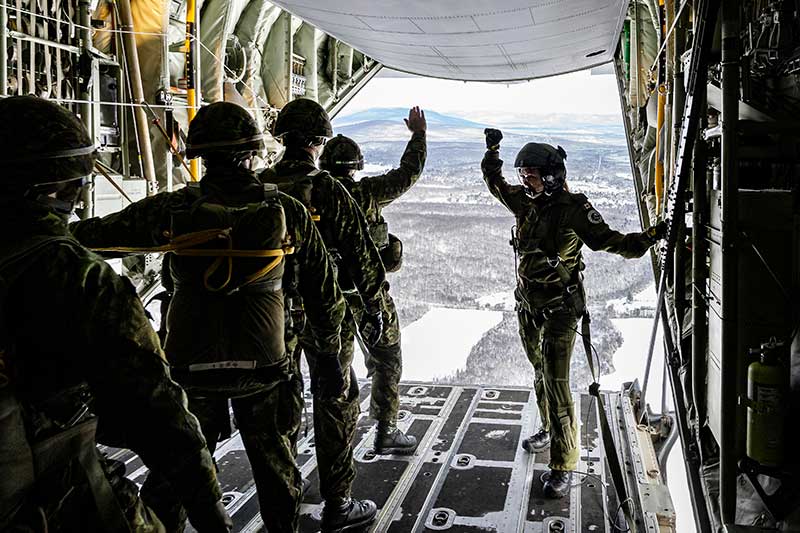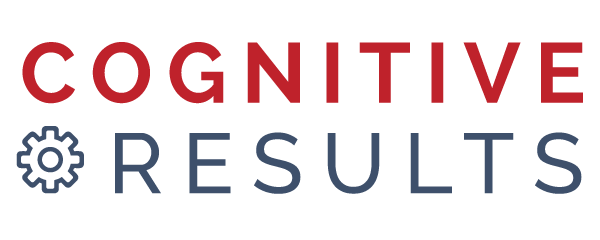CFAT Still Used After BMQ
CFAT Still Used After BMQ
The Canadian Armed Forces (CAF) is actively recruiting to address a 13,500-personnel shortfall, making now a critical time to apply. (1059theregion.com)
While the CFAT is no longer used in initial recruitment, intelligence and cognitive ability still determine success in military training. Selecting a trade beyond your capabilities can lead to struggles, failure, and being reclassified or removed from training.
In this post, we’ll break down:
- CAF hiring trends & test changes
- Why cognitive ability still matters for success
- How Cognitive Results (est. 2005) can help you prepare
FAIL TO PREPARE ... PREPARE TO FAIL
CAF Recruitment: What’s Changed?
To speed up hiring, the CAF replaced the CFAT at the application stage with:
- Scored Employment Application Form (SEAF) – Evaluates education, experience, leadership, and life skills to assess suitability for military roles.
- Trait Self Descriptor - Personality Inventory (TSD-PI) – A 30-minute personality test to assess personal characteristics and strengths.
- Faster Onboarding – A probationary period now allows recruits to begin basic training while waiting for security clearances.
BUT: The CFAT is still being used after Basic Military Qualification (BMQ) for statistics. More importantly, if you don’t have the cognitive ability for your chosen trade, you may fail out.

Why Cognitive Ability Still Matters
Even though the CFAT isn’t part of initial selection, strong cognitive skills are critical for success in military training.
1. Your Trade Requires Intelligence & Problem-Solving
- Technical roles (engineering, IT, aviation, etc.) require high-level problem-solving.
- If you lack the cognitive skills, you won’t pass training—and failing out can mean reclassification or release.
2. Training is Intense and Demanding
- Military courses move fast, and recruits must quickly process, retain, and apply information.
- Cognitive preparation helps you handle pressure and excel.
3. The CFAT is Still Used for Research
- While no longer part of recruitment, the CFAT is still administered after BMQ for statistical tracking.
- This means your CFAT score may still be reviewed later in your career.
Bottom Line?
Even though you don’t take the CFAT up front, strong cognitive skills will still determine whether you succeed or fail in your trade. Cognitive skills can be improved immensely, which will make your trade training that much easier.
How Cognitive Results Can Help
Since 2005, Cognitive Results has helped military applicants strengthen their problem-solving, verbal reasoning, and spatial skills to prepare for the challenges of military service.
We offer:
- Personalized Cognitive Training – Sharpen your logical thinking, math skills, and memory to handle technical training.
- Practice Problem-Solving Tests – Military training is fast-paced and mentally demanding—we help you prepare.
- Extensive Learning for Military Success – The higher you score, the more prepared you will be—we train you for long-term success in by opening up more trades for you.
Even without the CFAT as a gatekeeper, cognitive ability remains essential for military careers. Our prediction is after this initial flurry of hiring, the CFAT will, once again, be at the forefront of the hiring practice.
Success Stories & Next Steps
While testimonials can be hard to obtain, many of our clients have successfully joined and thrived in the CAF. The best way to see results? Start today.
- If you’re applying for the military, now is the time to prepare.
- Get the advantage you need with Cognitive Results.
Final Thoughts
The CAF is hiring, but intelligence and problem-solving skills are still crucial for success in military training. Don’t make the mistake of assuming you don’t need to prepare.
Even if the CFAT isn’t part of the selection process, your ability to process and apply information will determine your future in the military.
Prepare now, succeed later. Let Cognitive Results help you get mentally ready for the career ahead.
